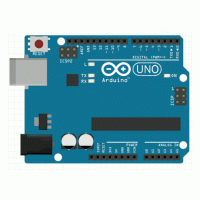The featured image of this post is by Albert Guillaume – Gils Blas, 24 décembre 1895, Public Domain, Link
When you develop a tool for a protocol that is undocumented, it is not surprising that you will encounter situations you will not have be anticipated. This was exactly what I experienced developing the hardware debugger dw-link, which connects debugWIRE MCUs to the GDB debugger. Although a substantial part of the debugWIRE protocol has been reverse-engineered, I encountered plenty of surprising situations: Split personality MCUs, stuck-at-one bits in program counters, secret I/O addresses, half-legal opcodes, and more.
Continue reading






